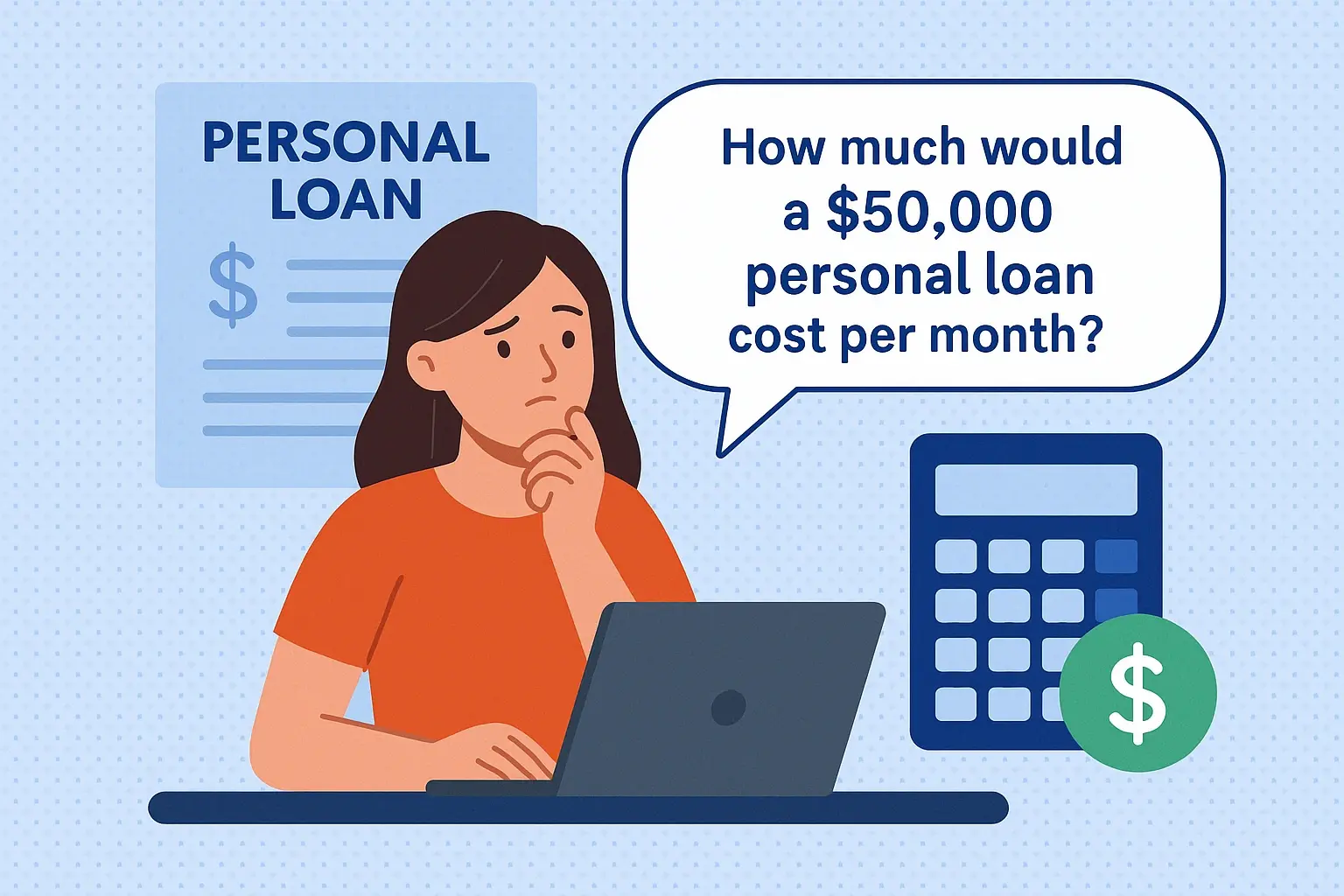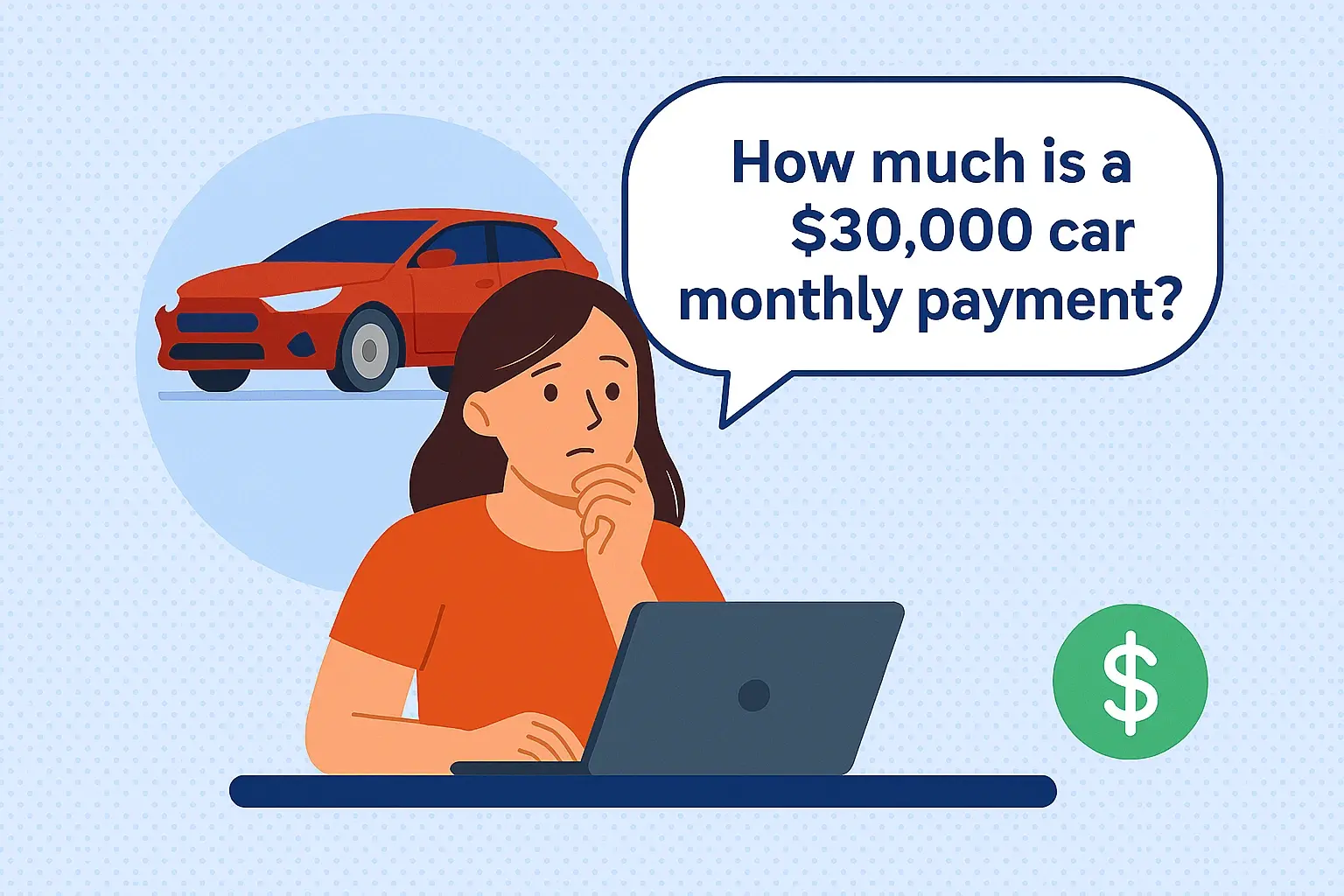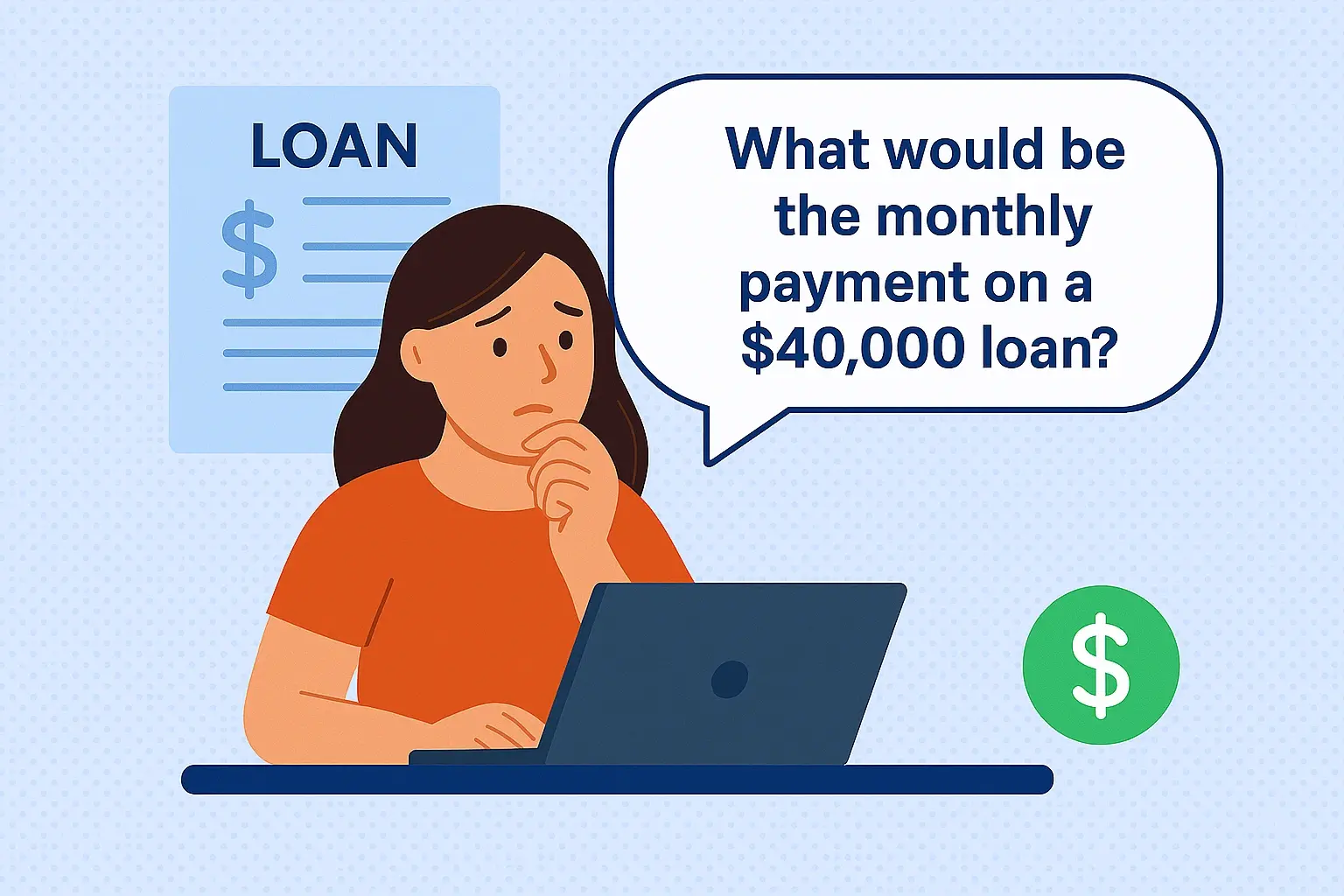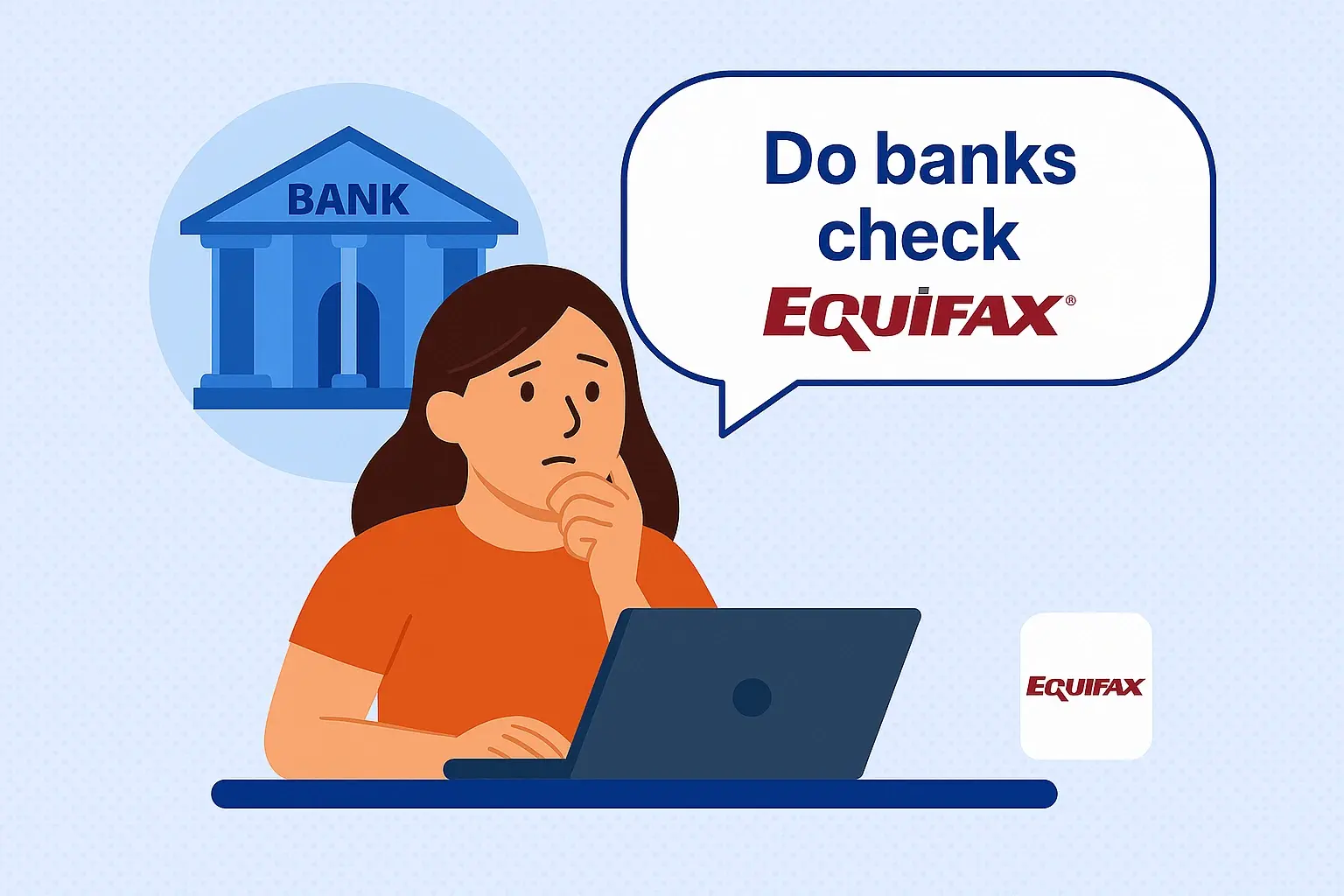-
Posted on: 29 Jul 2024
-
Is It Possible For Experian to View My Bank Statements?
Experian serves as one of the three credit reporting agencies in the United States of America. The other two are Equifax and TransUnion which are major credit reporting agencies in the USA. These companies gather details about the credit records of consumers and their standard payment behaviors to compile credit reports. Using information gathered from these bureaus, credit reports are issued to lenders to give an understanding of the borrower’s creditworthiness and the risks associated with him or her.
But what exactly does Experian have to work with when it comes to the individual’s financial behavior? Is the credit bureau able to view the account balance and everything else that is transacted on the account under the client’s name? Without further ado, here are the facts.
This section looks at the type of information that Experian gathers from its clients and the public in general.
The types of data Experian specifically gathers and verifies include:
- Common details – Your name, address, Social Security number or ID number, and date of birth.
- Credit history account – Information relating to every credit card, loan, mortgage, etc. It includes credit lines, credit balances, repayment histories, defaults, collections, and other accounts.
- Credit histories - Bankruptcy, foreclosure, tax liens, wage attachments, civil suits, judgments, and any other data that may be gleaned from credit records.
- I apologize for the confusion, here are your inquiries – reports from all the people who have looked into your credit file. This assists in determining credit checks during the application of credit.
What is more, there is no indication of accounts that are usually associated with the banks. As for checking accounts, savings accounts, certificates of deposit, and any other kinds of bank accounts, Experian does not gather or maintain data on these.
What Experian Can't See
Experian does not have insight into any of the following:
- Bank account numbers
- Routing numbers
- Account balances
- Income deposits
- Withdrawals
- Account transactions -PWM Electronic fund transfers
- Count numbers, sum of money, and processing
This applies to traditional retail banks, online-only banks, credit unions, and other financial applications that include the aspect of banking. As for the bank account-related consumer data, Experian, quite evidently, does not gather and provide any information associated with consumers’ accounts.
Pros and Cons of Using Credit Scores The reasons for not accessing bank account data at Experian are as follows:
There are a few reasons why Experian and other credit reporting agencies do not obtain or distribute information related to bank accounts:
- It’s privileged information – Bank account records may contain personal account information of individuals including their identifiers such as phone numbers, physical addresses, social security numbers, and emails among others, account numbers, transactions, and balances. This data involves the use of cookies and is regulated by privacy laws hence, requires the consumer’s permission.
- The credit report provides very little assistance in credit information - The main use of the credit report is to provide credit risk information to credit providers. Information such as payment time, and account balances can also provide important credit information. Banking records of the performance especially in the form of transactions and deposits do not present the worth of the credit.
- Reporting would be operationally challenging - Experian carries out an update of the consumer credit files every 30 days depending on reporting by the lenders. Collecting more frequent data on thousands of shifting bank accounts is a very daunting endeavor.
- Users do not wish it mentioned – Surveys of consumers show that the borrowers are not interested in having their bank account details compiled in credit reports. It is preferred to be kept private, so the statement that most consumers entertain this opinion is true.
Third parties may have the ability to gain access to the bank account information with the consent of the user, even though Experian does not use it. Through account access, these services include Mint, Personal Capital, accounting software, and financial advisors who have access privileges granted by the account holders. While these apps are authorized for finance, they can sometimes see some of the limited transaction history; however, they can most likely not see all account information.
Could Reporting Practices Change?
For now, this credit data definition is what Experian provides and nothing more as far as credit data is concerned. Nonetheless, there is always the concern that reporting practices are dynamic and therefore they are not going to remain static for all eternity.
There have been recommendations by some financial specialists concerning the inclusion of the new types of AFMs including; transactions and balances in credit reports. The purpose would be to able to help the ‘credit invisible’ and ‘non-scorable’ individuals build credit histories.
Nonetheless, consumer groups are against this concept vehemently citing privacy. The majority of advocates insist that problems with credit invisibility can and should be solved through the enhancement of access to mainstream credit, not through the sharing of detailed banking information.
And there is no reason to believe that credit bureaus care about bank account visibility or plan to alter their data mining practices. Any modifications could probably be subject to regulatory review since the collection of such details provokes controversy among consumers.
Managing Your Credit Report
As Experian does not request real bank account information, the consumers cannot pay much attention to the fact that they have to take over the reporting process. Nevertheless, the management of credit reports still plays a fundamental role in the protection of lending preferences.
Here are some key tips:
- Review reports annually - Ensure that all the accounts and other details listed on the report belong to you. Dispute errors promptly.
- Know when credit checks are done – Take time to find out when employers, landlords, lenders, or any other people perform a credit check on your credit history.
- Establish good credit behaviors – Including always timely utility payments, using less than 30% of the credit limit, and minimizing requests for credit. These habits will in the end determine your stand as a scorer.
- Subscription to credit monitoring services – This informs you when important changes take place in your Experian credit file to ensure that nothing goes unnoticed. Monitoring services are available for reliability that gives the maximum account security at the time of backup.
The Bottom Line
This credit profile is solely based on the credit account data Experian receives from the credit account lenders. This comprises information regarding payments and outstanding debts which is useful when lending but does not include particulars such as the bank statement and account balances. At this date, there are no exact laws that give Experian legal permission to view details of your checking or saving accounts. This is only possible when you have authorized the credit bureau to do so; thus, they cannot view your bank statements or transactions.
Struggling with bad credit? Dial (888) 803-7889 for expert credit repair assistance!











